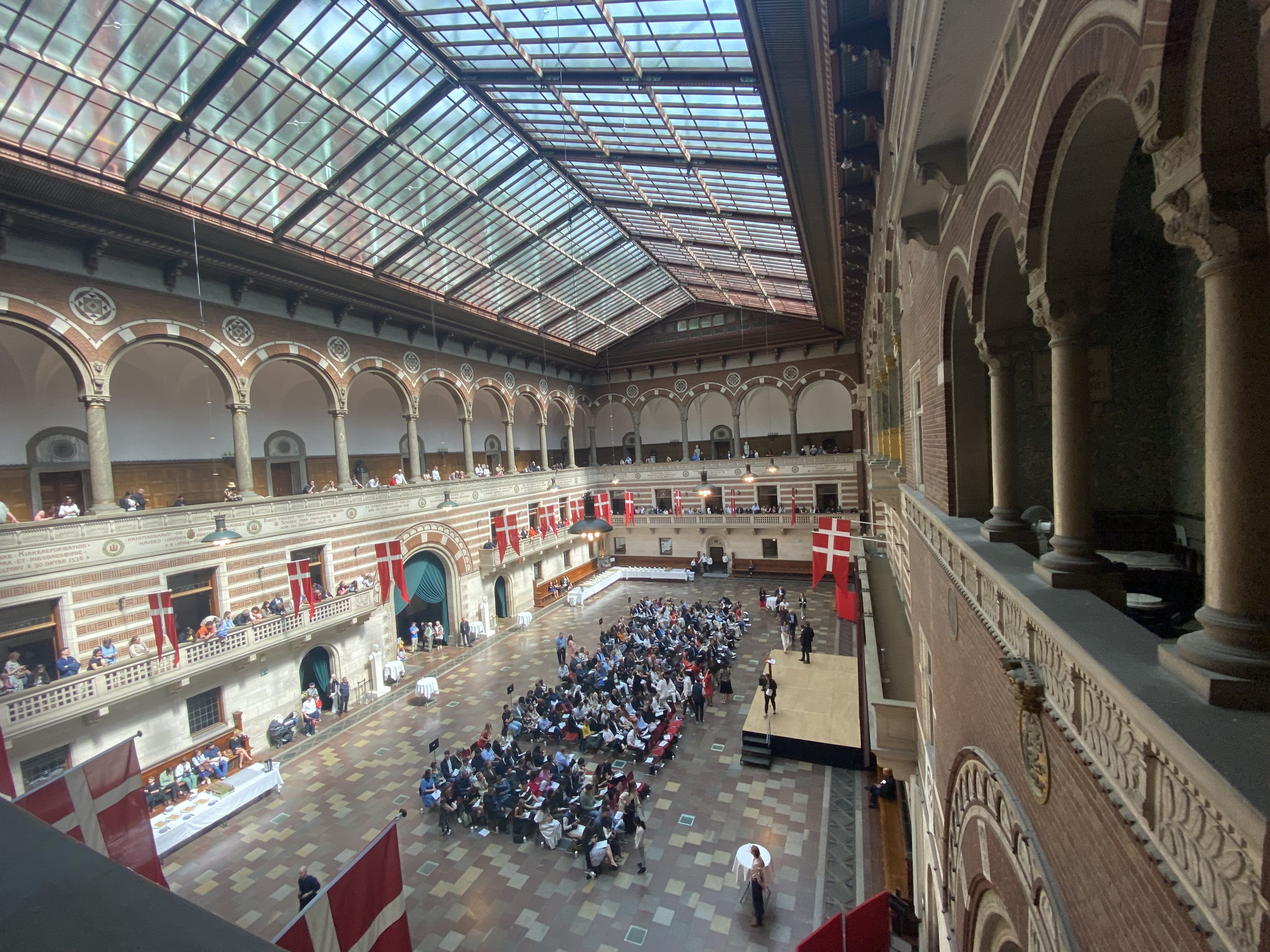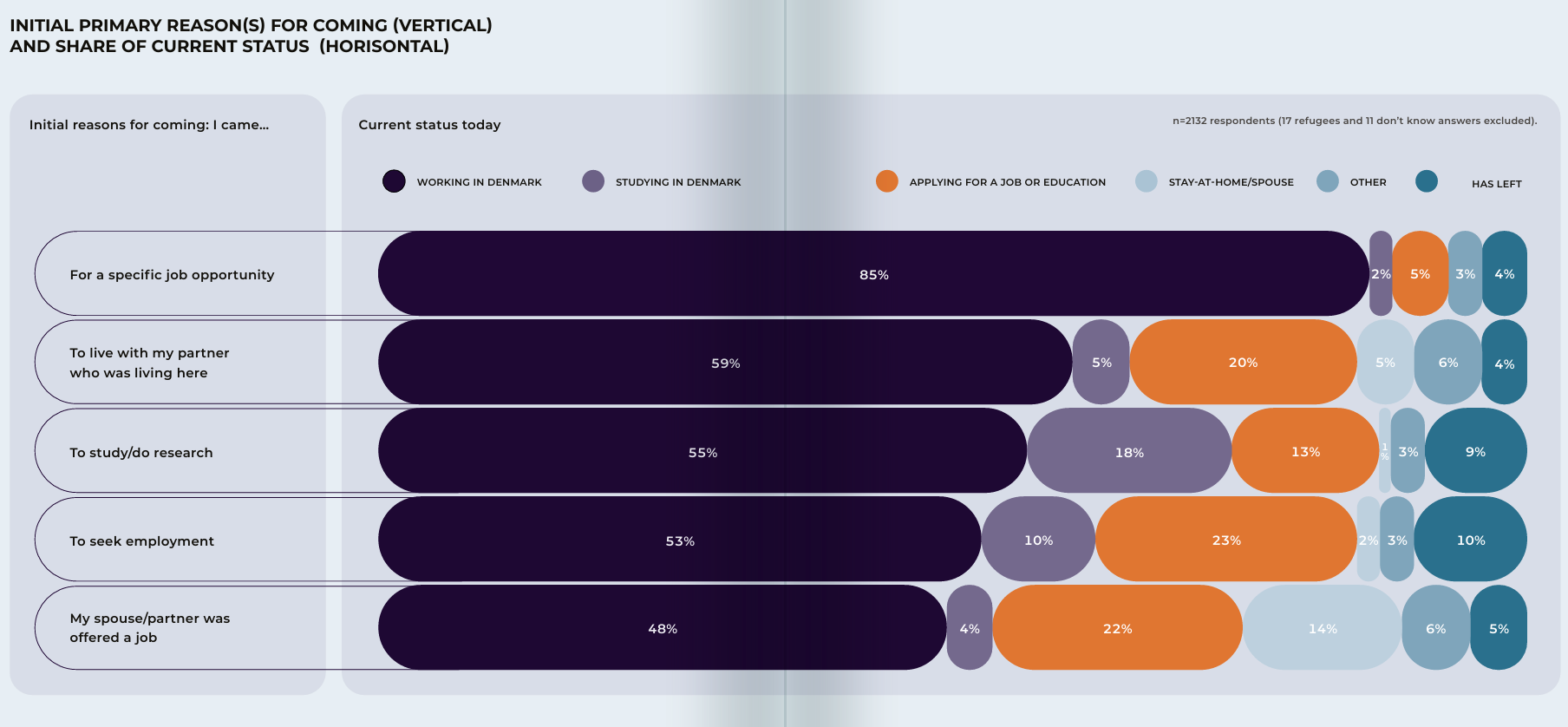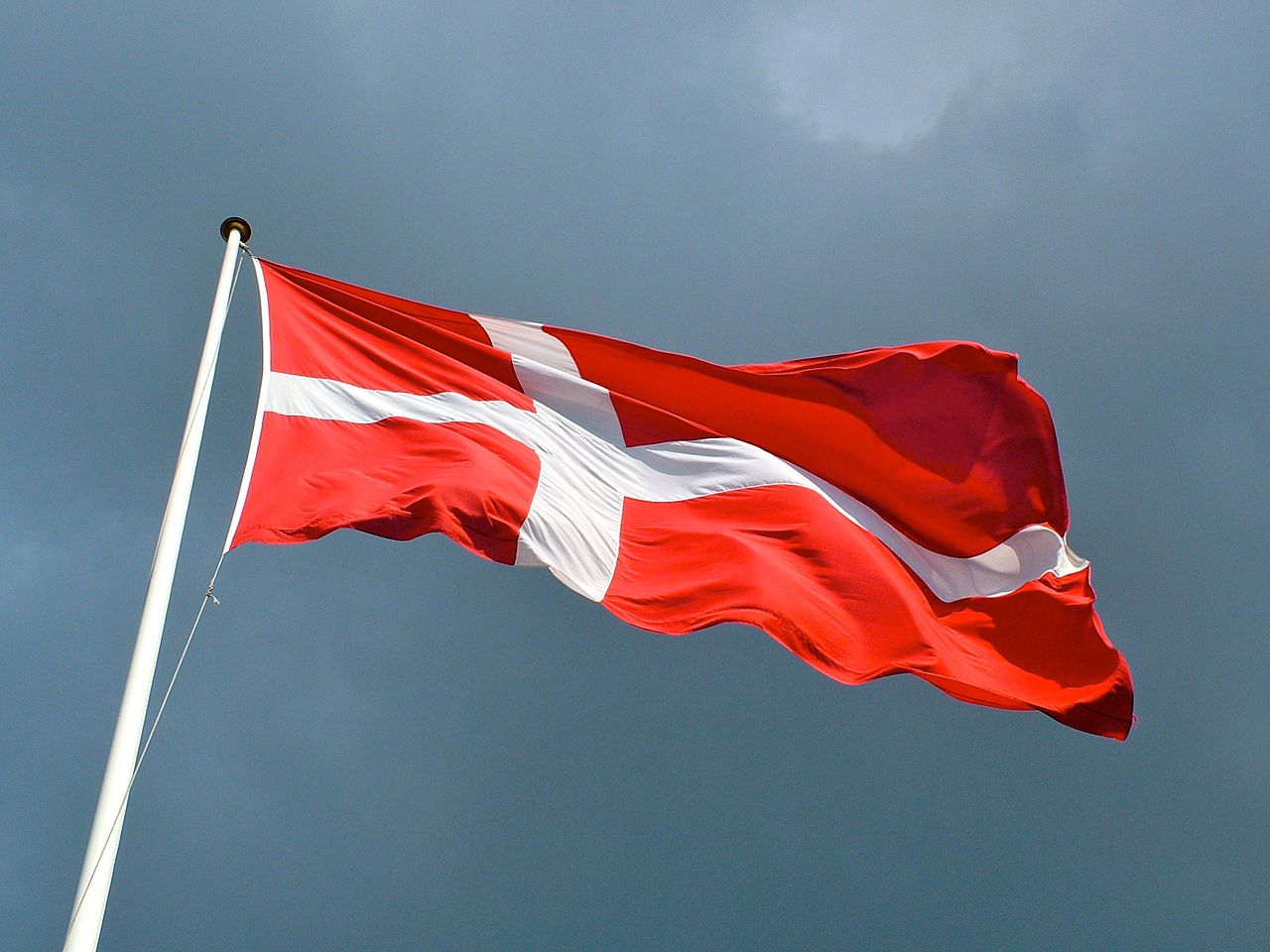Almost half of Danes say they support an enforced two-state solution in Israel and Palestine, according to a representative survey carried out by Voxmeter for Ritzau.
1,000 respondents were asked whether they agree or disagree with the statement:
“The war in the Middle East has become such a big problem for the whole world, that the international community must enforce a two-state solution between Israelis and Palestinians.”
45 percent said they agree, while 16.2 percent disagree.
However, 24.5 percent neither agree nor disagree, and 14.3 percent responded that they do not know.
Denmark’s Prime Minister Mette Frederiksen has stated several times recently that she sees no end to the conflict between Israel, Hamas and Hezbollah.
During the UN General Assembly in New York at the end of September, Frederiksen said that the only route to lasting peace is a two-state solution, with an independent Palestinian state, and that the international community must therefore “force [it] through”.
“This is not just a matter for the Middle East. It is a matter for the whole world. Therefore, we must force a two-state solution through,” said Frederiksen.
While almost half of the survey respondents agreed with this stance, they were more skeptical of Frederiksen’s follow-up statement on Tuesday last week.
In an interview with Ritzau, the Prime Minister suggested that military action should be used to establish and maintain two independent, co-existing Israeli and Palestinian states in the disputed region.
18.9 percent of survey respondents agreed with the use of military force, while 51.1 percent disagreed, and 30 percent said they did not know.
Frederiksen has subsequently tried to add nuance to her statement.
In a written reply to Ritzau, the Prime Minister said that it is clear that neither Hamas nor the current government in Israel want a two-state solution.
Israel’s Prime Minister Benjamin Netanyahu has consistently opposed the idea: “Israel categorically rejects international dictates regarding a permanent settlement with the Palestinians,” said Netanyahu in February 2024, in response to a Washington Post article that suggested that Israel’s ally, the US, was in favour of the formation of a Palestinian state.
He also shut down any possibility of future negotiation, saying “Israel will continue to oppose unilateral recognition of a Palestinian state.”
The Danish Prime Minister, elaborating on her comments on military force, said that the Palestinian-Israeli stalemate therefore necessitates “new measures”.
“It is not me who has to design how significantly greater pressure can be applied internationally, just as I do not think there is a precise template. However, I don’t think you should reject anything,” she told Ritzau.
Frederiksen is adamant that she never said that she was open to military action, as she otherwise indicated last Tuesday.
“And let me emphasize that you cannot conclude from what I have said that we must do something specific, for example militarily, or that Denmark or Danish soldiers must play a specific role,” she added.
“I am not going to go into all possible scenarios.”
Advocates of the two-state solution suggest a Palestinian state whose territory comprises the Gaza Strip and West Bank, linked by an Israeli-owned corridor through Israel.
In 2003, a draft agreement called The Geneva Accord, constructed by senior Israeli and Palestinian officials, and civil society representatives, provided a detailed roadmap for a two-state peace agreement.
It recognises Jerusalem’s Jewish neighbourhoods as the Israeli capital, and its Arab neighbourhoods as the Palestinian capital, and a demilitarised Palestinian state.
Through various land swaps and annexations, Jewish settlers would be resettled in Palestinian sovereign territory,
Israel would annex big settlements and cede other land in a swap, and be responsible for resettling any Jewish settlers who remain in Palestinian sovereign territory, outside Palestine.
However, Gaza – ruled by Hamas – is a powerful point of contention.
Israel seeks to annihilate Hamas and rejects any outcome in which the group retains power.
Netanyahu has said that Gaza must be demilitarised and under Israel’s full security control.
He does not want Israel to govern Gaza, nor to re-establish settlements in the enclave.
According to Reuters, Hamas says it expects to survive the Israeli campaign, and that any outcome for Gaza from which is is excluded are an illusion.












